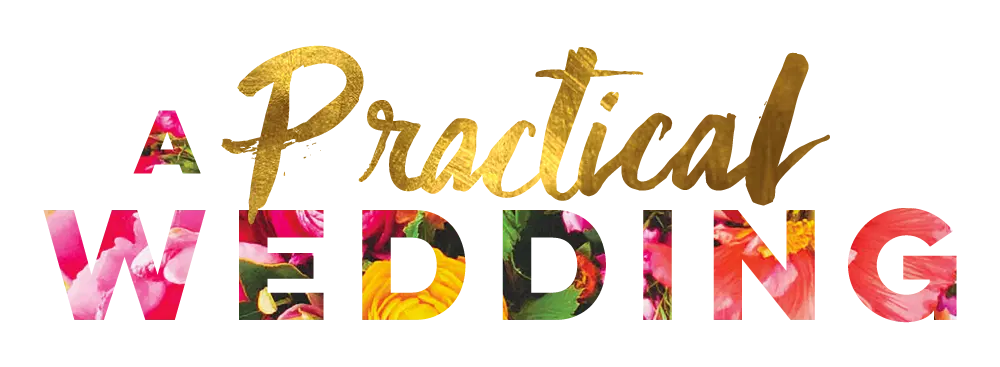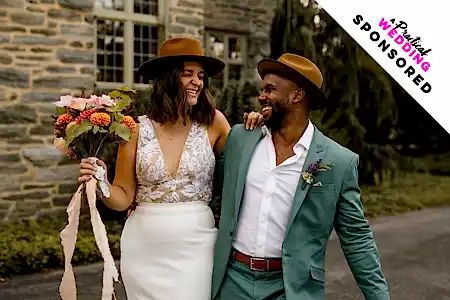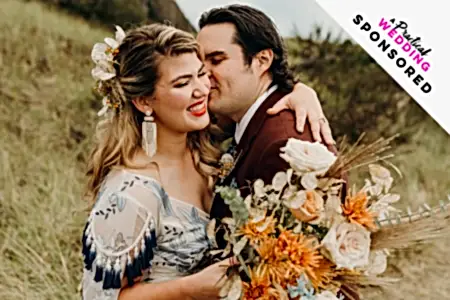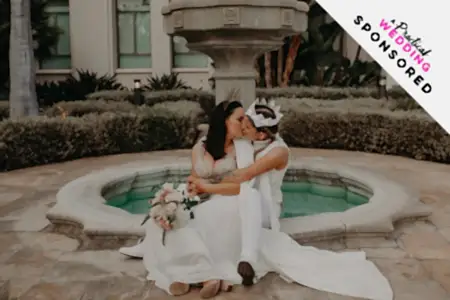
Last year, my mother asked me to take her wedding albums away. She and my father have been divorced for a handful of years now, and she understandably does not want them around any longer. I have been putting it off for a lot of reasons. Practical considerations abound. And I am not sure I want them, either. But my younger sister, who still lives at home, screamed hell-fire when my mother suggested dumping them. That was perhaps not the most fair reaction to my mother, but I also feel hesitant to have her just throw them out. Because, of course, those photographs are completely loaded with the complicated feelings I have about my parents’ divorce and the resulting confusion about the way I feel about marriage in general.
Mentioning this photo predicament in passing to my friends made me feel almost silly. Of course, it isn’t that big of a deal on the surface: all the folks pictured are still my family. Whatever may have happened since then, the photos still represent my own beginnings.
But it really isn’t about the photos. It’s about not knowing how to move on from all of the things you go through and learn about yourself when your parents get divorced. It is about how you can still get blindsided by the hurt even years later, and it’s about how you are not quite sure how to trust in love, and it’s about realizing that marriage scares you shitless, now that it’s a real possibility. Those photos made me realize there is still something important missing from my healing. It took a while to put my finger on it, but I think that it has something to do with the fact that divorce is so, well… divorced from all of the rest of the way marriage is handled in our society.
At least in my family, marriage is not just about the couple, but about the whole community of people that surrounds them. And so the beginning of that relationship between not just two people, but their whole community, is usually a wedding: a big, ritualistic celebration that allows other people to participate in the creation of a brand new relationship. You invite this whole crowd of people—the families and the introducers and the cheerers on—to help you make a start. They fly in from out of town, and walk you down the aisle, and make the stuff, and buy the gifts, and fight the fights about silly wedding things, and you let them because you want them to be a part of it all.
In stark contrast, a divorce, when it comes down to it, is very exclusively about those two individual people: Two people deciding to break up, two people taking all of these actions to see that decision through, two people going through this ritualistic, legal maze to undo a relationship. The news is broken. The property is divided. The custody schedule is arranged. But other than that, all of the rest of the people affected by the relationship—all of the people who were there at the wedding, who did the introducing, and cheering on, and the kids that were produced—they are just bystanders.
And I don’t envy my parents the pain of their divorce, of course, or feel like I was excluded from something I should have been a part of. But for all of the ceremony involved in a wedding, the acknowledgement of the whole community of people it takes to start a marriage, it seems incomplete that there is no ritual for the rest of us to take part of when it ends. Certainly the ritual of divorce is not a pleasant one, but like all ritual it must hold a certain comfort in its predetermination and finality. For those of us left in the wake of divorce, there are no lawyers to hide behind and champion our side. There are no prescribed Things You Are Supposed To Do Now. There is nothing to hold on to when you can hardly believe what has happened that says, “This big thing that I was a part of in my own small way—it is gone now.” When I realized that this lack of closure was what was bothering me, that’s when I decided that my parents’ wedding needed a funeral.
Because a funeral, you see, is really about the people who are left behind. It’s a time when no one cares if you laugh and cry in the same breath. And you can be as sad or angry or grateful as you want to be. And anyone and everyone is fair game for pinning the blame on. And you remember all the times—the good ones and the bad ones. And by feeling all of those feelings, and sharing them with others who understand, you learn how to keep on living, even though nothing will ever be quite the same.
And it’s not so novel an idea, after all, that I should hold a little funeral for my parents’ wedding in my heart. How many have submitted the gifts of an ex to a small bonfire, or cut out their heads from pictures, or if you are like me, carefully and ceremoniously boxed up their letters and kept them for so long that you forgot you had them, at which point you can quite unceremoniously trash them? Certainly the end of my parents’ relationship needs as much attention to put my mind at ease as my relationship with my high school boyfriend.
So the next time that I am at my mother’s place, I will take my parents’ wedding photos when I leave. And I will bring them home and look at them, and smile, and cry, and call my sister, or my grandmother, and say whatever I want to for as long as I need to. And then they will go carefully into the box, and up into the closet, and remain there until it doesn’t hurt quite so badly anymore. And it won’t be the same as moving on, but it will be a start.






